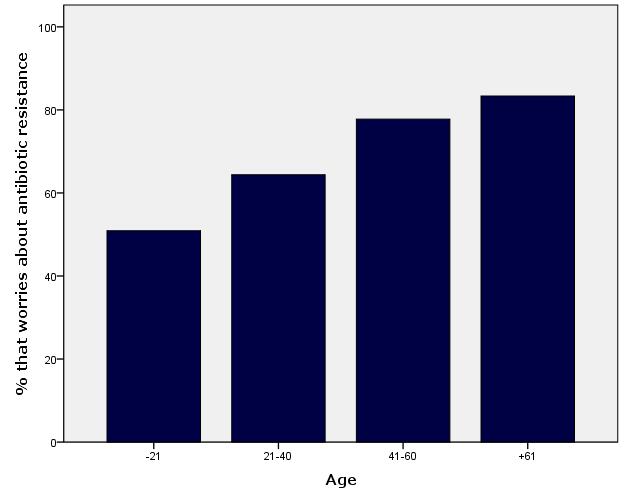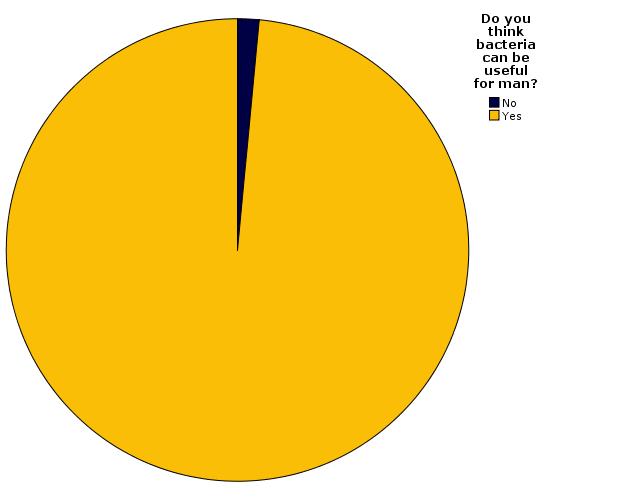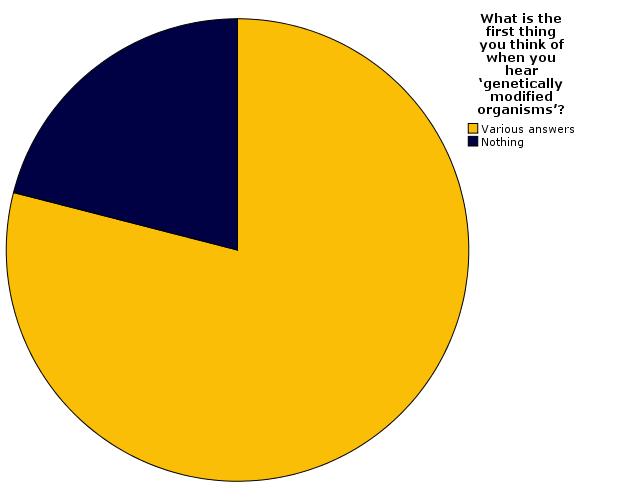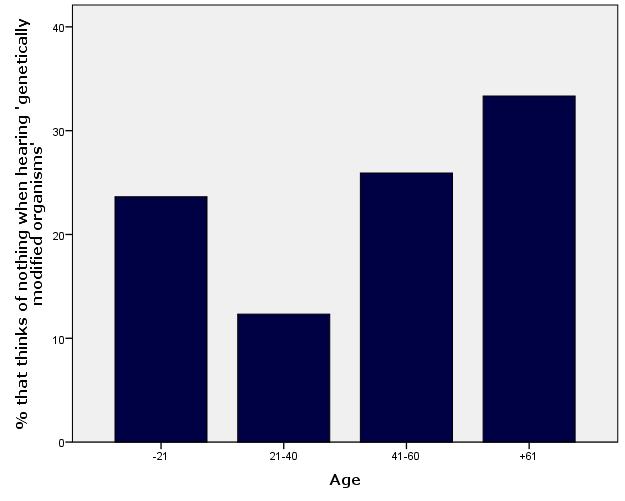Team:UGent/HumanOutreach
From 2013.igem.org
| Line 128: | Line 128: | ||
<h1>Online quiz</h1> | <h1>Online quiz</h1> | ||
| - | <p>With the help of a little online questionnaire we wanted to check the notoriety of synthetic biology and its applications. With a survey composed as a quiz with multiple choice questions we tested people's knowledge of and opinion on synthetic biology and at the same time | + | <p>With the help of a little online questionnaire we wanted to check the notoriety of synthetic biology and its applications. With a survey composed as a quiz with multiple choice questions we tested people's knowledge of and opinion on synthetic biology and at the same time learned them about the numerous possibilities of this discipline. </p> |
<p>We spread this survey via our Wiki, Facebook and Twitter and linked it to a competition to win cinema tickets in order to reach a broader public. We offered a Dutch as well as an English version of the questionnaire.</p> | <p>We spread this survey via our Wiki, Facebook and Twitter and linked it to a competition to win cinema tickets in order to reach a broader public. We offered a Dutch as well as an English version of the questionnaire.</p> | ||
<p>As our biggest goal was informing people, we will not elaborate too much on the results. But below you see the pie graphs that result from all the answers.</p> | <p>As our biggest goal was informing people, we will not elaborate too much on the results. But below you see the pie graphs that result from all the answers.</p> | ||
Revision as of 00:24, 4 October 2013
|
Open house day @ Faculty of Bioscience Engineering Ghent UniversityThe second of March we had our own stand at the open house day at our faculty. We took the opportunity to spread some information about iGEM, synthetic biology and our project. The open house day attracted a variating public, going from neighbours over parents of current students to future students. We also sold delicious brownie, apple pie and cupcakes to help finance our project. Our stand furthermore included a corner where people could draw what they would create using synthetic biology, if they had all means they could imagine. The results can be seen in one of the pictures below. Survey and flyer
We wondered what the man in the street thinks and knows about synthetic biology and some aspects of our project. Therefore, we went on the street and approached people with a few questions. Our ‘field of action’ was the Gentse Feesten by day. The Gentse Feesten are a 10 day long free music festival in the centre of Ghent which attracts a very various public of every age. Many people were willing to help us and were very interested in the extra information we gave them about iGEM, synthetic biology and our project. We also gave them flyers they could read at home. After some general questions (age, sex and occupation), we wanted to know three more things:
Our general conclusion is that the bigger part of people worries about increasing antibiotic resistance and that almost everyone thinks bacteria can be useful for us. The last question, however, had a much more varying response. We were surprised about how often we got the answer ‘nothing’. Other popular answers were about corn, soy and other food.  When you take a look at the word cloud we made based on these answers, other answers that come to the foreground are corn and food, but also ‘potatoes’ and ‘potato field’. This is because of a test field of Ghent University not far away from Ghent where genetically modified potatoes were tested. This got a lot of media attention, especially because of the protest action of the so called Field Liberation Movement. Read more about the potato test field
In 2010, Ghent University , ILVO (Insitute for Agricultural and Fisheries Research), VIB (Flanders Interuniversity Institute for Biotechnology) and HoGent (University College Ghent) announced a collaborative project about durable, genetically modified potatoes resistant against Phytophthora, an oomycete which causes potato blight, resulting in huge losses for potato farmers. The project involved a two year long test on the ILVO fields, where different genetically modified Phytophtora resistant potatoes would be tested, mostly originating from a collaboration with Wageningen University & Research.
This announcement was the beginning of a huge protest wave that is still going on. The Field Liberation Movement, introducing themselves as “a loose collective of concerned citizens from Brussels, Flanders and Wallonia, that wants to keep their country free from GMO crops in open fields”, announced the Big Potato Swap at 29th of May 2011. This was planned to be a ludic demonstration and nonviolent action, in which an alternative would be planted: potatoes who achieved resistance by cross breeding instead of by synthetic biology. In order to prevent activists from entering the field, many police officers were present that day, and eventually the action turned out in a violent confrontation between police and activists. Many people were arrested and their prosecution has not yet come to a conclusion. To see a video about the event that was aired on the national news, click here (Dutch).  Source: www.schamper.ugent.be/afbeelding/bestorming-aardappelveld
Other things we can conclude from our survey are a.o. that about two third of people worries about antibiotic resistance and that only 1.5% does not think bacteria can be useful for man. There is no significant difference in the answers between men and women. The answers however do differ between different age groups. Based on the age distribution of the respondents, we created following age groups for further analysis: -21, 21-40, 41-60 and 61+. Differences between these groups are most notable for the last answer. One third of the +61 age group could think of nothing when hearing 'genetically modified organisms', whereas this was the case for only about one out of eight in the 21-40 group. It struck us however that when we gave more explanation to people answering 'nothing' that they often did have heard of genetically manipulated organisms. Furthermore, it seems older people are more worried about antibiotic resistance than younger ones. We think this can possibly be explained by that they have probably been more in contact with antibiotics as a cure than younger people and therefore are more aware of the importance of it. This is however only a hypothesis we made. Click here to see the graphs that show the most interesting results.
Online quizWith the help of a little online questionnaire we wanted to check the notoriety of synthetic biology and its applications. With a survey composed as a quiz with multiple choice questions we tested people's knowledge of and opinion on synthetic biology and at the same time learned them about the numerous possibilities of this discipline. We spread this survey via our Wiki, Facebook and Twitter and linked it to a competition to win cinema tickets in order to reach a broader public. We offered a Dutch as well as an English version of the questionnaire. As our biggest goal was informing people, we will not elaborate too much on the results. But below you see the pie graphs that result from all the answers.
|

Tweets van @iGEM_UGent |
||||||||||||||||||||||||||||
|
|
 "
"



























